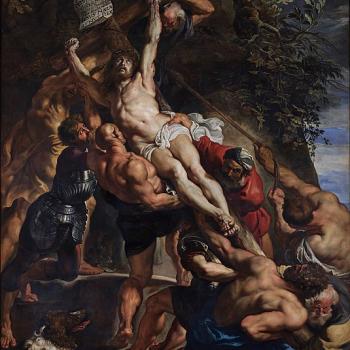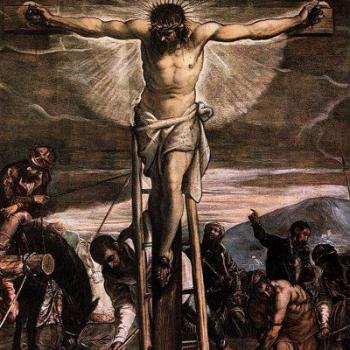Jerry Walls is one of the few evangelicals by confession who also affirms purgatory. I don’t agree with Walls here, but after a full book on the topic, Walls reduces his argument to a single chapter in Heaven, Hell, and Purgatory. (Purgatory in the theory of Catholicism is only for Christians; it is not about a second chance; it is entirely for Christians and concerns their sanctification and/or satisfaction.)
How do you respond to this: The only difference between an affirmation and a denial of purgatory is that the former thinks the Christian not only needs entire sanctification but will be conscious and participatory in the process while for the traditional Protestant (denier of affirmation) entire sanctification occurs instantaneously (at death, at resurrection) and is entirely an act of God (and God’s grace). . . .
Walls rightly refers here to the “long shadows of Tetzel” — purgatory was at the heart of the Reformation. Is purgatory contrary to the doctrine of salvation by grace alone? Here is Walls’ defense:1. Heaven is a place of total perfection and that means humans must be perfected to enter into heaven.
2. The vast majority of people are far from perfection at death. Even the most devout of Christians is far from perfect.
3. Those who enter must be (1) imperfect, (2) instantly perfected by God, or (3) be sanctified through a conscious, willing freedom and cooperation of the person after death. #1 is rare; #2 is most of the Protestants and #3 is Catholic, Orthodox and a small number of Protestants.
Thus, every theology must have some kind of purgatory theory: either instantaneous or through a process.
[Keep reading. . .]
But if we are “in Christ” we ARE perfect, because His perfection is imputed to us, just as our sins are imputed to Him. Moreover, just as Christ really did bear our sins in His body–indeed, was “made” sin for us (2 Cor 5:21)–our unity with Christ is a literal reality, so that His perfection really is ours.
Besides, if there is a Purgatory through which we can be perfected and readied for Heaven, why did Christ have to die for us? Why wouldn’t we just go through a variable period of purgation after death as our way of salvation?
















